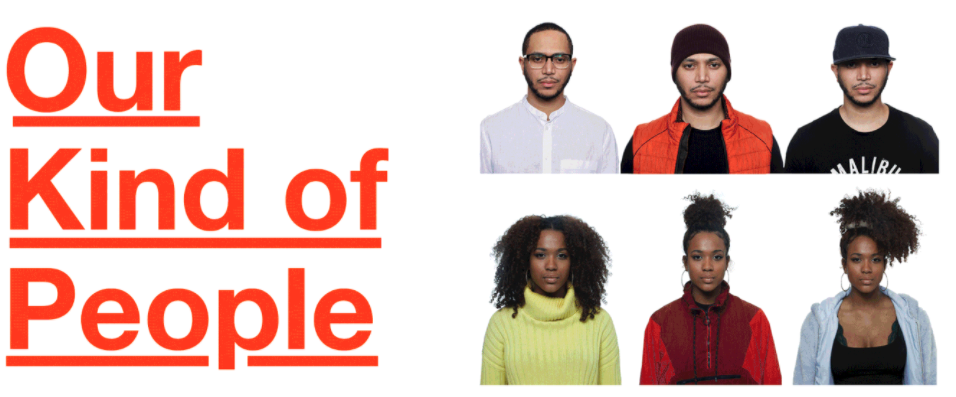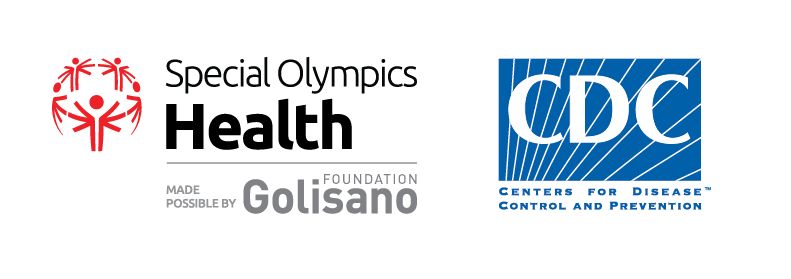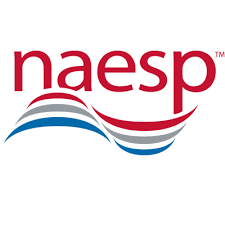Project
Implicit
Project Implicit is a non-profit organization
committed to advancing scientific knowledge
about stereotypes, prejudice, and other
group-based biases.
committed to advancing scientific knowledge
about stereotypes, prejudice, and other
group-based biases.
Education
Services
We facilitate on-site and virtual
education sessions focused on
understanding, measuring, and mitigating
the impact of bias.
education sessions focused on
understanding, measuring, and mitigating
the impact of bias.
Project
Implicit
Project Implicit hosts novel studies
to advance scientific knowledge and understanding
about stereotypes, prejudice, and other
group-based biases.
to advance scientific knowledge and understanding
about stereotypes, prejudice, and other
group-based biases.
Programming
Services
We program and host
research studies featuring measures
like the Implicit Association Test
for researchers via a private link.
research studies featuring measures
like the Implicit Association Test
for researchers via a private link.









